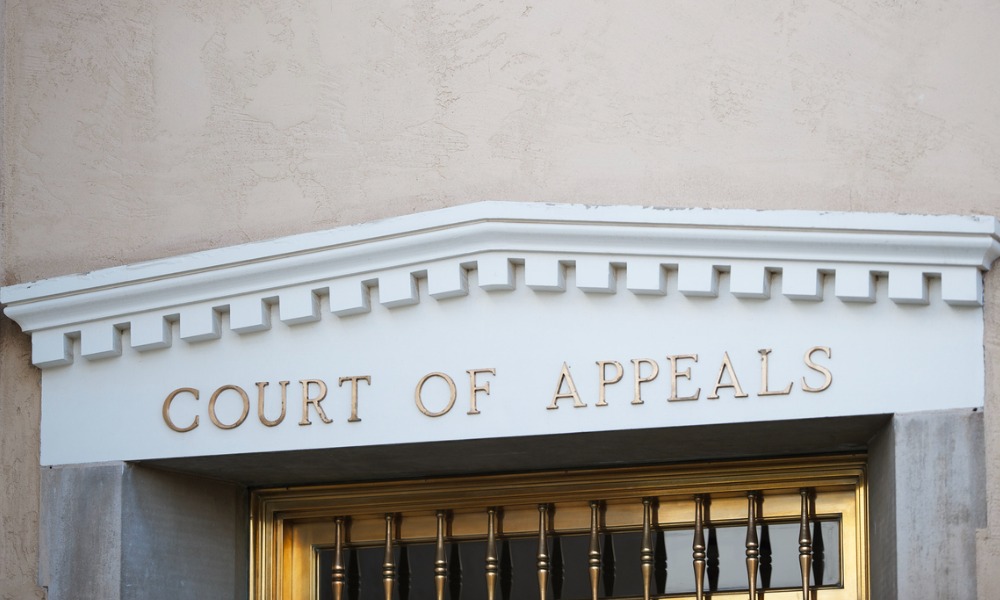New Zealand businesses have received a 'can do better' when it comes to corporate social responsibility following recent research.
New Zealand organisations have corporate social responsibility on the their radars but when it comes to implementation they are falling behind, according to recent research from the Australian Centre for Corporate Social Responsibility (ACCSR).
The State of Corporate Social Responsibility in Australia and New Zealand Annual Review was run in conjunction with Melbourne's Deakin University and Auckland's Wright Communications and is the largest on-going research study into CSR capabilities and practices down under.
Wright Communications Managing Director Nikki Wright said while New Zealand organisations are well aware of CSR, slow progress is being made when it comes to building the mandate and ability to deliver in this space.
"Building organisational awareness and support for CSR remains an ongoing issue and a necessary step before it can be effectively integrated into an organisation. This is reflected in the small numbers of New Zealand organisations who successfully implement CSR programmes and take the next step of formally reporting on their CSR activity," Wright said.
When asked to consider their key CSR priorities for the next 12 months, nearly all Kiwi respondents in the study rated building stronger relationships with stakeholders as the top priority.
"This is a critical step and hugely beneficial, not only from an external point of view but also as a means of building internal support for CSR by helping decision makers to better understand and respond to stakeholder expectations and values that are relevant to the business," Wright explained.
Other high priorities identified from the study include building internal support for their CSR / sustainability approach, measuring impacts and outcomes of CSR initiatives, strengthening their social licence to operate, as well as waste and recycling initiatives. Almost all those surveyed also mentioned improving or beginning sustainability reporting as a key priority.
The study specifically looked at how CSR reporting benefits those organisations who invest in it and found the top five areas where CSR reporting adds value are:
According to Wright, the most interesting result in the McKinsey Global Survey was a shift in the perceived strategic worth of sustainability.
"Where businesses had previously viewed improved corporate reputation and cost cutting as the key reasons for embracing sustainability, those reasons have now been overtaken by alignment with a company's business goals, mission or values."
"This suggests more recognition at the top table of the value the CSR / sustainability brings and a desire to integrate it into the business. But it is one thing to recognise the benefits and another to implement an effective programme and report on it."
To view the full ACCSR report click here.
The State of Corporate Social Responsibility in Australia and New Zealand Annual Review was run in conjunction with Melbourne's Deakin University and Auckland's Wright Communications and is the largest on-going research study into CSR capabilities and practices down under.
Wright Communications Managing Director Nikki Wright said while New Zealand organisations are well aware of CSR, slow progress is being made when it comes to building the mandate and ability to deliver in this space.
"Building organisational awareness and support for CSR remains an ongoing issue and a necessary step before it can be effectively integrated into an organisation. This is reflected in the small numbers of New Zealand organisations who successfully implement CSR programmes and take the next step of formally reporting on their CSR activity," Wright said.
When asked to consider their key CSR priorities for the next 12 months, nearly all Kiwi respondents in the study rated building stronger relationships with stakeholders as the top priority.
"This is a critical step and hugely beneficial, not only from an external point of view but also as a means of building internal support for CSR by helping decision makers to better understand and respond to stakeholder expectations and values that are relevant to the business," Wright explained.
Other high priorities identified from the study include building internal support for their CSR / sustainability approach, measuring impacts and outcomes of CSR initiatives, strengthening their social licence to operate, as well as waste and recycling initiatives. Almost all those surveyed also mentioned improving or beginning sustainability reporting as a key priority.
The study specifically looked at how CSR reporting benefits those organisations who invest in it and found the top five areas where CSR reporting adds value are:
- building a reputation for being a responsible business
- contributing to brand positioning
- better understanding of the material issues that affect the organisation
- engaging senior leadership in strategic conversations about the organisation
- improving stakeholder engagement.
According to Wright, the most interesting result in the McKinsey Global Survey was a shift in the perceived strategic worth of sustainability.
"Where businesses had previously viewed improved corporate reputation and cost cutting as the key reasons for embracing sustainability, those reasons have now been overtaken by alignment with a company's business goals, mission or values."
"This suggests more recognition at the top table of the value the CSR / sustainability brings and a desire to integrate it into the business. But it is one thing to recognise the benefits and another to implement an effective programme and report on it."
To view the full ACCSR report click here.





